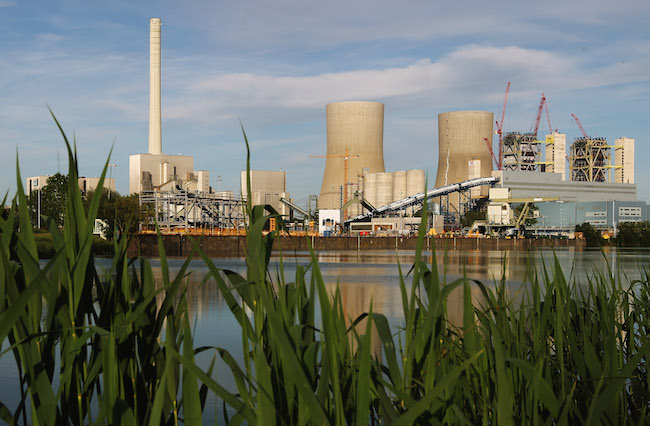
Warning signs abound for how damaging manmade climate change has been for our ecosystem. There’s the fact that 2015 was the hottest year in recorded history, with December 2015 pretty much feeling more like spring than winter. Now, scientists have found the current rate of global warming unlike anything in history, at least within the past 66 million years, which is a long time, to put it as an understatement.
According to The Washington Post, scientists from the University of Hawaii at Manoa and other institutions published a study in which they found that the only comparable period to our current age of climate change was 56 million years ago, called the Palaeocene-Eocene Thermal Maximum, or PETM, when a sudden spike in the concentration of carbon dioxide in the atmosphere led to rapid warming, which majorly affected some marine species.
Unfortunately, we’re pumping carbon dioxide into the air at a way faster rate. As The Post summarizes:
The geologic evidence from the new core did not show a lag, the new study reports. That means, the authors estimate, that while a gigantic volume of carbon entered the atmosphere during the PETM — between 2,000 and 4,500 billion tons — it played out over some 4,000 years. So only about 1 billion tons of carbon were emitted per year. In contrast, humans are now emitting about 10 billion tons annually — changing the planet much more rapidly.
In other words, we’re screwed.
(Via Washington Post)






